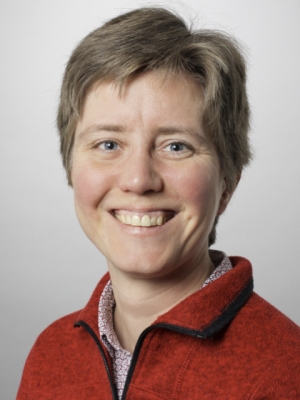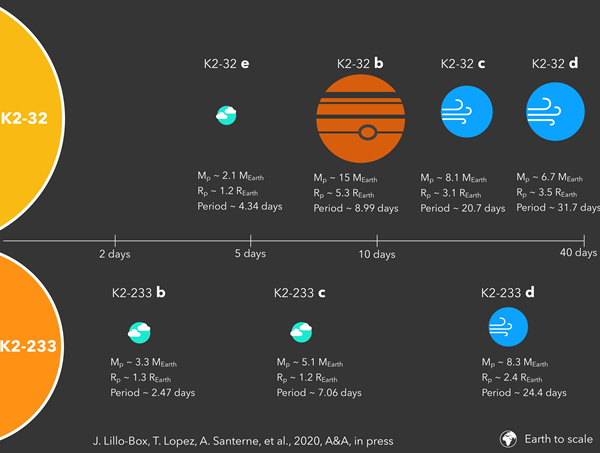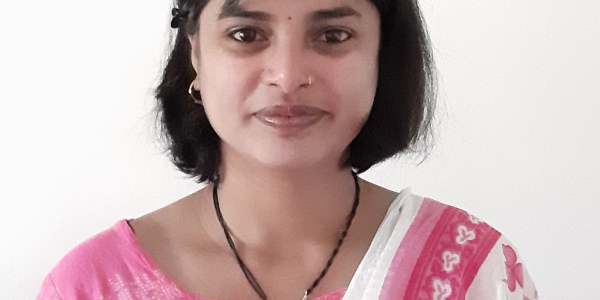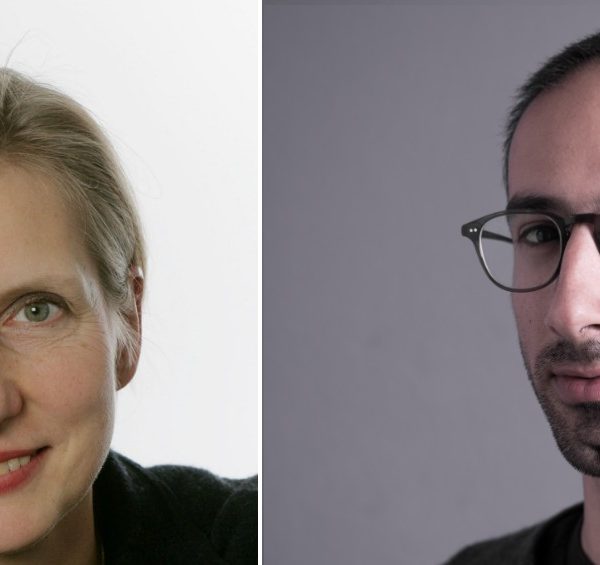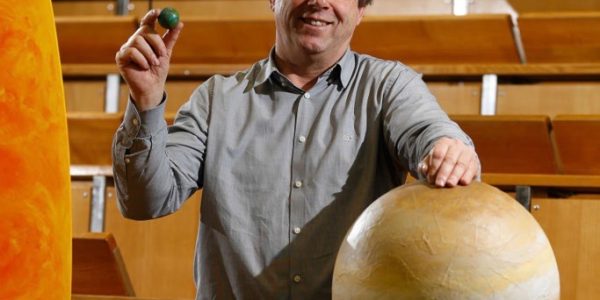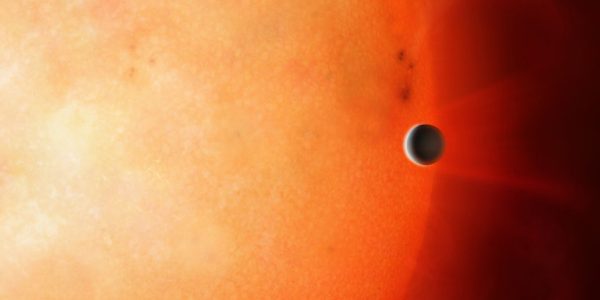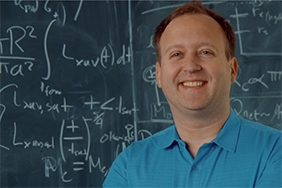News
Postdoctoral position on Extreme Precision Radial Velocity at Geneva
Applications are invited for a postdoctoral position within the Geneva exoplanet team to work on optimisation of radial velocity extraction in the context of the BLUVES project. The goal of BLUVES is to develop a reliable laser frequency comb for blue part of visible high-precision spectrographs. The goal is to explore and compare all the […]
Continue ReadingWhen in doubt, aim high
Veerle Sterken had been away from a paid job in cosmic dust science for three years. Then she convinced the European Research Council (ERC) to fund her project on interstellar dust. That kick-started her “second career” in astrophysics and led to her project being welcomed into PlanetS by the board. “I will send out my […]
Continue ReadingThree Earth-like planets identified in two planetary systems
PlanetS astronomers associated with an international team have estimated the density of the planets in two planetary systems. Discovered by the Kepler satellite, K2-32 and K2-233 are planetary systems with 4 and 3 planets respectively. The diameters of the planets have been measured by Kepler thanks to the transit method which uses the obscuration of […]
Continue ReadingScience taught her to stand up for herself
Yogita Kadlag is an astrophysicist from Maharashtra, India. Since October 2019, she’s been a member of the NCCR PlanetS. From her hometown, where she is stranded due to the Corona pandemic, she spoke to us about her work, cultural differences and discrimination. “It’s raining heavily at the moment; can we try again in 20 minutes?”, […]
Continue ReadingChange of personnel in the communication and outreach team
In the spring of this year, Barbara Vonarburg retired. Barbara was part of the communication and outreach team of the NCCR PlanetS from the beginning. As a highly skilled science journalist with experience in both print media and Swiss television, she brought important skills to our team. During her time at PlanetS, Barbara has written […]
Continue ReadingProfessor wanted!
The Space Research and Planetology Division within the Physics Institute of the University of Bern has an opening, as per 1 January 2022, for a full or associate professor (100%) in the field of Theoretical Planetology.
Continue ReadingFirst exposed planetary core discovered
Researchers led by the University of Warwick have discovered the first exposed core of an exoplanet, which provides an unprecedented glimpse inside the interior of a planet. Christoph Mordasini from the University of Bern is leading the theoretical interpretation of this discovery.
Continue ReadingThe planetary scientist has one great wish
Christoph Mordasini deals with the formation and evolution of planets inside and outside our solar system. In an interview he explains why the University of Bern has been at the forefront of space research since an experiment on the moon. And he reveals the question to which he would very much like to have an […]
Continue Reading3 PhD positions – TAPS UniBe
We are seeking qualified candidates to fill three 4-year PhD positions in exoplanet science in the research group of Yann Alibert and Willy Benz (University of Bern). The PhD positions are part of the TAPS (Theoretical Astrophysics and Planetary Science) group of the University of Bern and frequent interactions are foreseen with the Center for […]
Continue ReadingLaborelektroniker/-in 80%
Als universitäres Forschungsinstitut sind wir an vorderster Front in der Weltraumforschung tätig. Die Kosmochemie-Gruppe (eine Zusammenarbeit der Abteilung Weltraumforschung und Planetologie und dem Institut für Geologie) ist hauptsächlich mit der Untersuchung von Meteoriten tätig, mit dem Fokus, die Prozesse zur Bildung des Sonnensystems besser verstehen zu können. Die Hauptexpertise der Gruppe liegt in der Messung […]
Continue Reading
